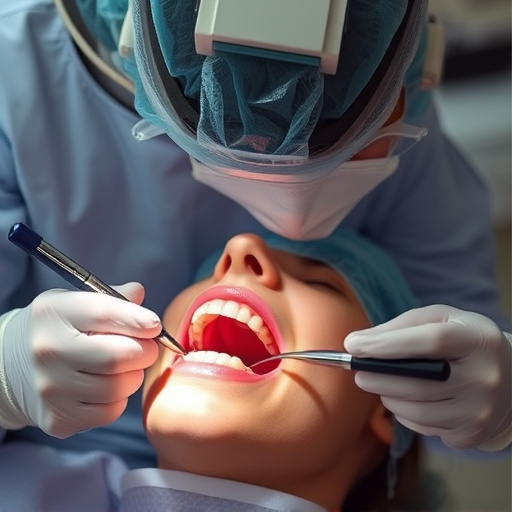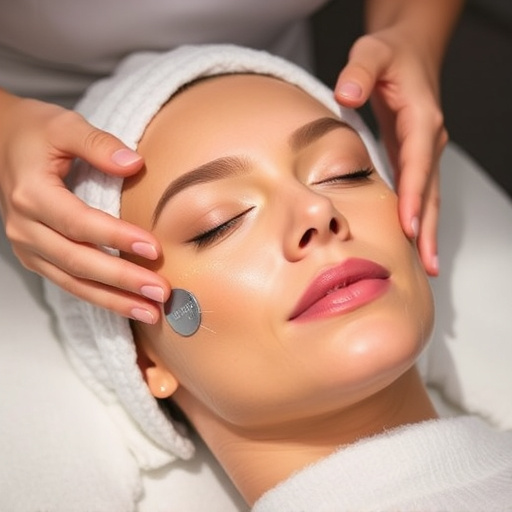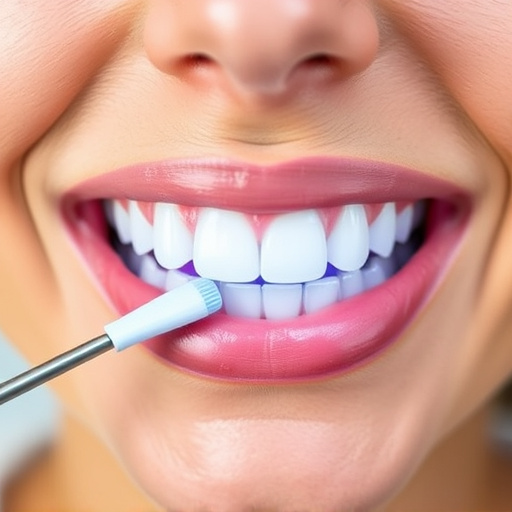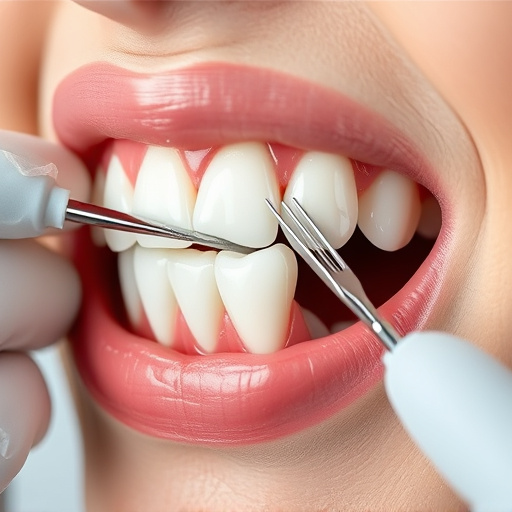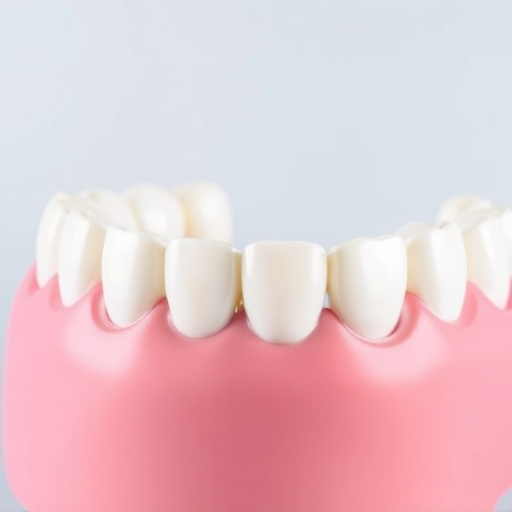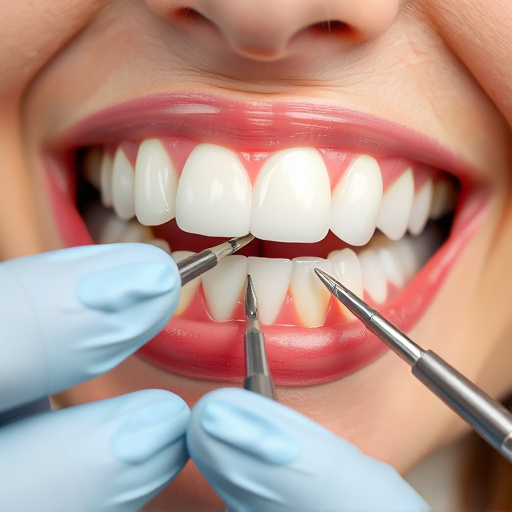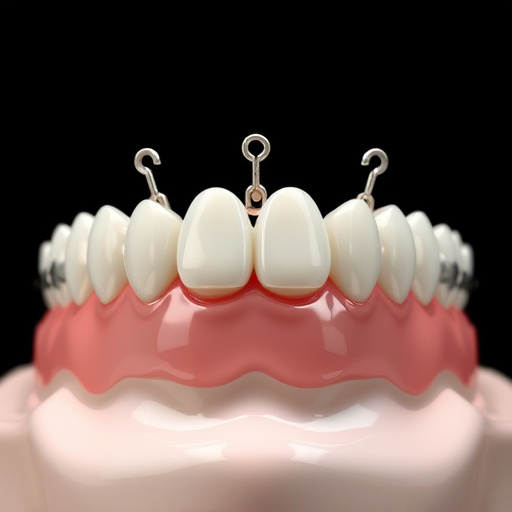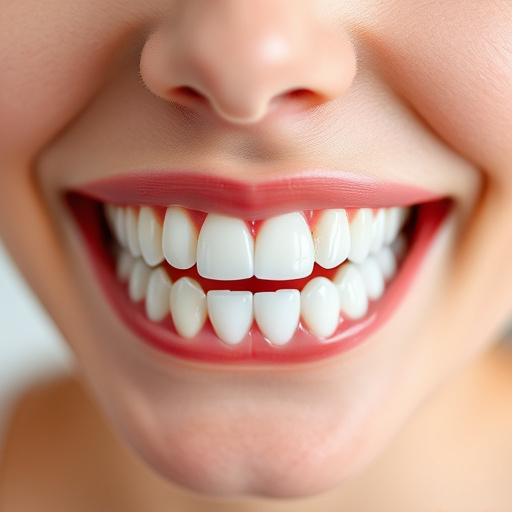Modern oral surgery techniques and anesthetics make procedures comfortable with minimal post-operative discomfort. Preventive dentistry and regular exams are vital for maintaining optimal oral health. Recovery from oral surgery is often quicker than perceived, with proper aftercare. Open communication with dental care providers ensures personalized care.
“Unravel the mysteries surrounding oral surgery procedures with this comprehensive guide. Today, oral surgery has advanced significantly, yet misconceptions persist. In this article, we debunk common myths about oral surgery, separating fact from fiction. From modern techniques like laser dentistry to recovery and aftercare practices, we provide insights based on current trends. Understand the reality of oral surgery procedures, ensuring informed decisions for your dental health.”
- Debunking Common Misconceptions About Oral Surgery
- Modern Techniques: Facts vs. Fiction Revealed
- Recovery and Aftercare: Separating Reality from Myth
Debunking Common Misconceptions About Oral Surgery

Oral surgery procedures have often been surrounded by myths and misconceptions, causing many individuals to avoid necessary treatments. It’s time to set the record straight and dispel some of these common myths. One widespread belief is that oral surgeries are extremely painful and carry significant risks. However, modern dental techniques and anesthetics ensure that most procedures are comfortable and minimize post-operative discomfort. Many patients report experiencing only mild soreness after surgeries like tooth extractions or implants.
Additionally, there’s a misconception that oral surgery is solely for severe cases of tooth damage or loss. In reality, preventive dentistry plays a crucial role in oral care, and certain procedures can actually prevent future issues. For example, dental fillings are not just used for extensive repairs but also to repair minor cracks and chips, which could otherwise lead to more serious complications. Early intervention through these preventive measures is key to maintaining optimal oral health.
Modern Techniques: Facts vs. Fiction Revealed

Modern techniques in oral surgery have come a long way, dispelling many myths along the way. In the past, procedures like tooth extractions or dental implants were often perceived as lengthy and uncomfortable experiences. However, with advancements in anesthesia and pain management, these surgeries are now typically performed under local anesthetics, minimizing discomfort for patients. Modern dentistry also offers more subtle and precise solutions for various oral issues. For instance, instead of traditional metal braces, clear aligners have gained popularity, providing an almost invisible way to straighten teeth for those who require orthodontic treatment.
Furthermore, the field of cosmetic dentistry has seen remarkable developments. Common misconceptions surround procedures like cosmetic fillings, but these advancements offer natural-looking alternatives to restore damaged teeth without compromising aesthetics. The use of advanced materials and techniques ensures that patients receive high-quality care with results that mimic the appearance of healthy teeth. Regular oral exams play a crucial role in maintaining these modern treatments’ effectiveness, allowing dental professionals to catch potential issues early on.
Recovery and Aftercare: Separating Reality from Myth

Recovery from oral surgery procedures, while sometimes uncomfortable, is manageable with proper aftercare. A common myth is that healing takes significantly longer than it actually does. In reality, most patients experience minimal downtime and can return to their regular activities within a few days. Following your dentist’s instructions for pain management and wound care is crucial. This usually involves taking prescribed medications, applying ice packs, and gently cleaning the surgical site.
Another misconception is that oral surgery procedures always lead to extensive swelling and bleeding. While some minor swelling and bruising are normal, especially after tooth extractions or wisdom tooth removal, these symptoms typically subside within a few days. Restorative dentistry techniques, including advanced healing technologies, can further expedite recovery. Remember, open communication with your dental care provider is essential to addressing any concerns and ensuring you receive the best possible care during and after your oral surgery procedures.
Oral surgery procedures have evolved significantly, dispelling many myths along the way. By understanding the facts presented in this article—from modern techniques to recovery processes—patients can make informed decisions about their oral health. Embracing evidence-based practices ensures that individuals receive the best care possible, transforming perceptions and enhancing overall oral well-being.
